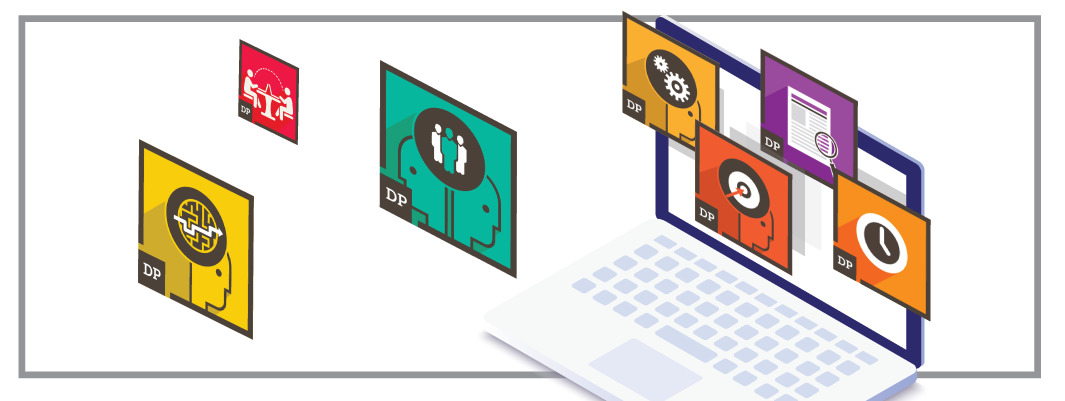
For almost two decades there has been considerable debate over the importance of fully licensed teachers in ensuring quality teaching and learning (e.g., see this 2002 Education Week report). However, the evidence is mounting that teacher qualifications and experience matter for student achievement.
Policymakers are beginning to recognize that teachers “should periodically take steps to renew their professional licenses.” Most states require teacher candidates to demonstrate basic content knowledge and pedagogical skill by passing a series of standardized exams, yet little evidence exists that passing these exams, typically lower-cost multiple choice tests, predicts that a teacher will teach effectively. And the criteria for what counts in earning and maintaining a license can vary widely—not just across states, but even within them. Studies now find that performance assessments “can more authentically evaluate candidates’ readiness for teaching” while lowering the “barriers to entry,” particularly for teachers of color who are in high demand.
The disputes over whether a teacher needs a license to teach are not over. And for high-need school districts, the “realities of supply and demand” require them to turn to shortcut alternative certification programs where new recruits have little, if any, training before they begin teaching. However, policymakers are beginning to recognize the need for more performance-based approaches to licensing, and the process should assess the development of pre-service and in-service teachers throughout their teaching careers. They rightfully want to know whether teachers are ready to teach and if they are getting better at teaching.
Our country has long called for raising standards for teachers. A Nation at Risk, published 36 years ago, has promoted episodic policies to improve the teaching profession, demanding more of education schools as well as paying teachers for better performance. As researchers have pointed out for some time now, good ideas get to scale when teachers begin “increasingly to think of themselves as operating in a web of professional relations that influence their daily decisions, rather than as solo practitioners.”
In our policy paper we point to how micro-credentials can serve as a way to better understand what new recruits know and can do before they begin to teach, and can be used to customize professional learning. We point out that 24 states now are requiring new recruits to pass some kind of performance assessment in order to be fully licensed. Seventeen states have performance assessment legislation on the books, and 11 states mandate the edTPA, developed by the Stanford Center for Assessment, Learning, and Equity—a $300 performance assessment that evaluates teaching candidates based on portfolios of lesson plans, student work, and videos of their student teaching in action. Performance assessments like the edTPA have been found to predict teaching effectiveness. Good assessments of learning, for students as well as teachers, cost something.
In addition, as a report from New America has documented, nearly every state mandates that teachers renew their teaching licenses, typically every five years. However, the requirements also vary widely by state. The types of activities that can count vary greatly—from sitting in workshops to taking college courses or earning National Board Certification. Only 12 states require teachers to have an individual growth plan in order to be relicensed, and just six require performance indicators when considering their eligibility for licensure renewal.
However, several states are developing new policies that could support teacher-led learning and build upon the promise of micro-credentialing. Georgia, for instance, now requires teachers to develop professional learning goals and engage in learning communities to help achieve them. Oregon is establishing a system of educator networks to offer every teacher in the state access to professional learning opportunities. Kentucky, through its tiered licensure system, has provided for teachers to demonstrate their expertise in varied ways.
Important questions need to be considered:
States are awash in universities, non-profits, and private entrepreneurs providing training as well as certification of teachers in traditional and non-traditional settings. Alternative teacher training is accelerating, and not all offerings are high quality. Experimentation is needed. Incoherence and ineffectiveness are not.
We believe policymakers can utilize micro-credentials as a lever for innovation at high quality and at a good price. Doing so is possible. But it will take policy discipline—and the willingness of policymakers—to pay more for higher standards for every teacher. It also will mean building more opportunities for those who teach to also be part of designing the approaches they must implement.
To learn more about how micro-credentials can be an effective form of personalized professional development for educators, you can read our full paper, “Micro-credentials and Education Policy in the United States: Recognizing Learning and Leadership for Our Nation’s Teachers.” For more on educator micro-credentials, visit the Educator Micro-credentials initiative website and Digital Promise’s Micro-credential platform as well as CTQ’s Micro-credentials Strategy Framework.
Read the other blog posts in this series: